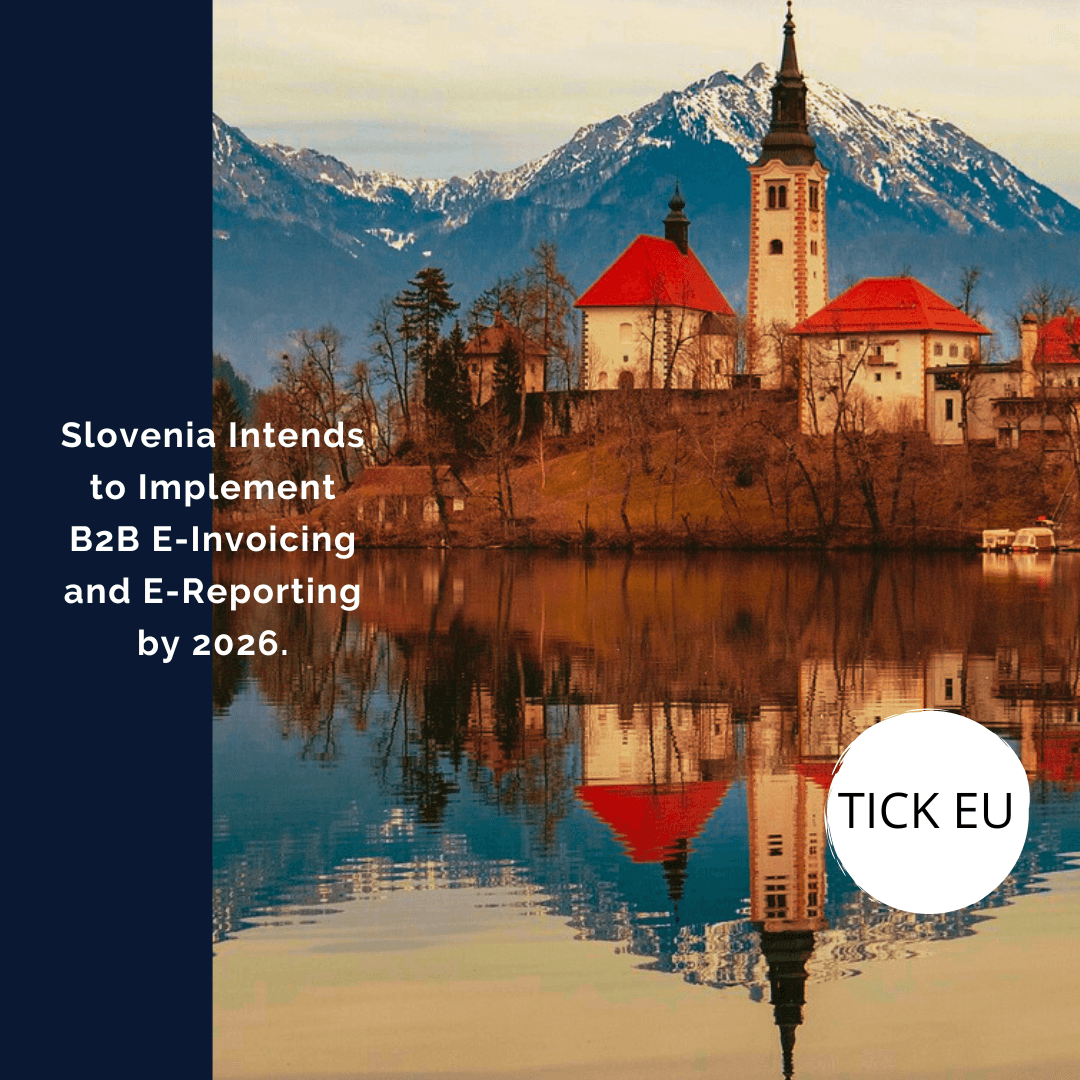The Slovenian government has proposed a draft law requiring businesses to implement B2B e-invoicing and e-reporting by 2026.
Mandatory B2B E-Invoicing in Slovenia:
The Financial Administration of the Republic of Slovenia (FURS) is introducing a reform to combat VAT evasion. Mandatory e-invoicing for B2B transactions is designed to enhance control, reduce fraud, and improve tax compliance.
Implementation Plan:
The new regulations are set to be introduced by June 2026. They will require issuing, sending, and receipt of electronic invoices in transactions between taxpayers (B2B). B2C transactions will be exempt from this requirement, though customers will have the option to choose the invoice format.
Required E-Invoice Formats:
- National standard e-SLOG
- Formats compliant with European standard EN 16931
- Other globally recognized formats, if agreed upon by both parties
Mandatory E-Reporting:
The law also introduces a requirement for e-reporting, where invoice data must be submitted to FURS within 8 days of issuance or receipt. This applies to both domestic transactions and intra-community supplies, imports, and exports.
Benefits of Implementation:
The primary goal is to combat VAT fraud and reduce the VAT gap more effectively. Key benefits include streamlined control processes, automated data collection, and better tax compliance. E-invoicing will enable FURS to more effectively detect VAT fraud and simplify the identification of taxpayers who exceed VAT registration thresholds or issue invoices with invalid VAT numbers.


